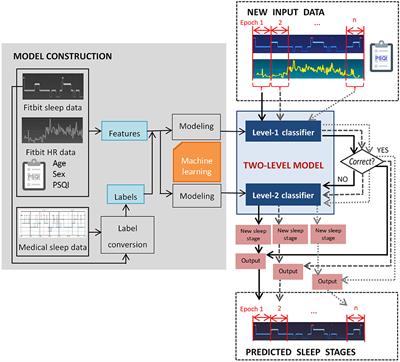EDITORIAL
Published on 02 Mar 2022
Editorial: Machine Learning and Wearable Technology in Sleep Medicine
doi 10.3389/fdgth.2022.845879
- 2,643 views
- 4 citations
11k
Total downloads
60k
Total views and downloads
You will be redirected to our submission process.
EDITORIAL
Published on 02 Mar 2022
BRIEF RESEARCH REPORT
Published on 16 Nov 2021
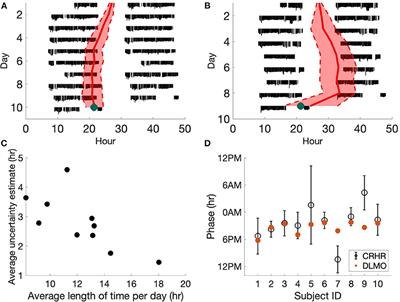
ORIGINAL RESEARCH
Published on 22 Sep 2021

REVIEW
Published on 16 Aug 2021
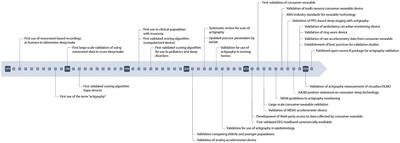
ORIGINAL RESEARCH
Published on 26 Jul 2021

ORIGINAL RESEARCH
Published on 26 Jul 2021
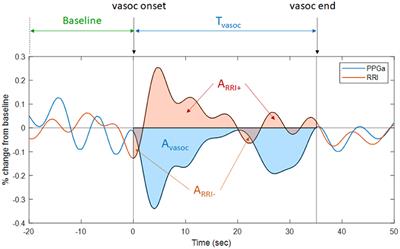
ORIGINAL RESEARCH
Published on 30 Jun 2021
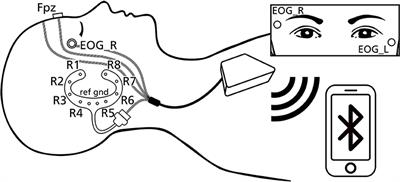
ORIGINAL RESEARCH
Published on 15 Jun 2021

ORIGINAL RESEARCH
Published on 28 May 2021
